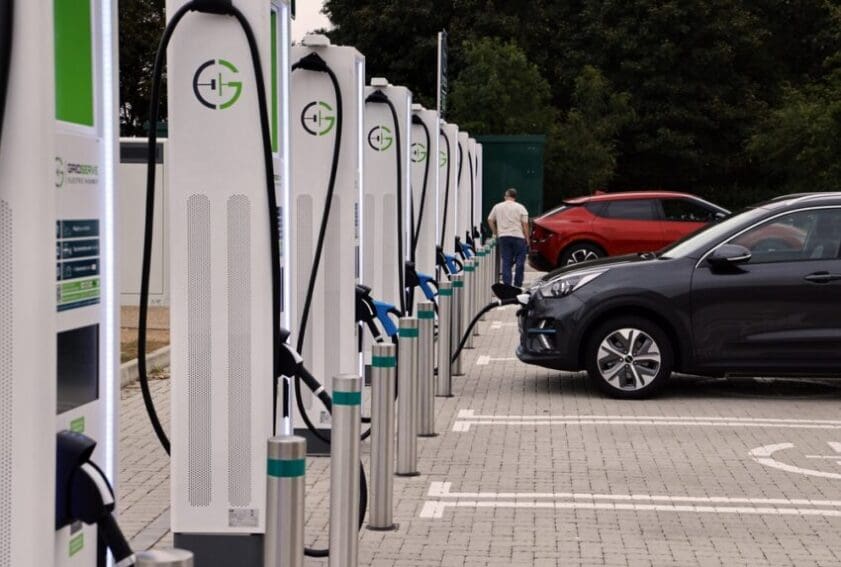2024…the EV industry’s watershed moment
The future of EVs is now, not in 2035, says Alok Dubey of charging platform Monta
“Predictions of there being 10 million electric vehicles (EVs) on British roads by 2030, show the future potential of EVs. But it’s my view that the watershed moment for EVs is now, not in seven years.
I expect 2024 to be the year when most people start to accept that cars powered by fossil fuels are becoming a thing of the past and that EVs are the way forward.
By now, most people will know that the government plans to phase out the sale of new internal combustion engine (ICE) vehicles between 2035 and 2040 in a bid to curb emissions and fight climate change.
While governments are playing an important role in convincing drivers to go electric, they are applying increasing pressure on the car industry to accelerate the transition to EVs. For example, the UK government will this year enforce a new rule ensuring 22% of all car sales are EVs.
Ignore progress at your peril
As consumer interest in EVs grows and new industry regulations emerge, there’s genuinely no point in car manufacturers continuing to invest large sums in ICE vehicles.
Traditional vehicle manufacturers may already be feeling the pressure exerted by EV manufacturers, however, increased competition across the industry will be a positive thing for the end consumer, bringing with it new models at competitive price points.
As 2024 progresses, I expect to see governments taking the EV revolution seriously by increasing investment into charge point infrastructure and much-needed R&D. It’s the only way they’ll keep pace with vehicle manufacturers as they battle it out to gain a competitive advantage and market share.
I feel the need, the need for speed (-ing up EV charge point infrastructure)
As demand for EVs increases, it’s vitally important that the UK’s EV charge point infrastructure is up to scratch. With over 50,000 EV chargers available across the UK, there’s no denying that we’ve come a long way in improving EV charging infrastructure. However, there are still EV charging-related challenges to overcome.
To ensure a smooth transition to electric vehicles and that the charging infrastructure is up to scratch in all parts of the country, collaboration between EV chargepoint manufacturers and local governments is paramount. Without this, the UK will struggle to emerge as a leader in the EV space.
With more EV chargers being installed across the UK, a worry is that they will overwhelm an already overstretched and outdated national grid and cause power cuts. A potential solution to this problem is bi-directional charging, which would ensure EVs share electricity with the power grid and not simply take from it.
Although bidirectional charging is still a relatively new concept only offered by a few charge point operators, it offers massive potential and will likely rise in popularity as EV adoption reaches 20-30%. Monta’s PowerBank technology, which can detect grid imbalances and temporarily pause charging, and off-peak charging can also help prevent EV chargers from overpowering the national grid.
What’s in store this year?
Chargepoint operators shouldn’t just focus on increasing the availability of chargers, though. While this is important, EV drivers are less worried about whether they can locate a charger on their journeys. They have more fear, or “charger anxiety”, of whether the chargers will work when they arrive, whether they accept contactless payments, and how much it will cost to recharge.
2024 will bring increased EV ranges of over 400 miles, greater sharing of private charge points, community charging, and the introduction of heavy-duty electric-powered trucks.
There’s no doubt that this year will see an exciting period of growth and innovation across the EV sector.”
